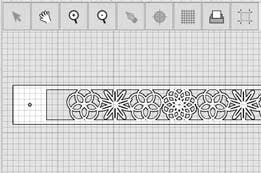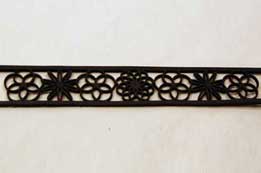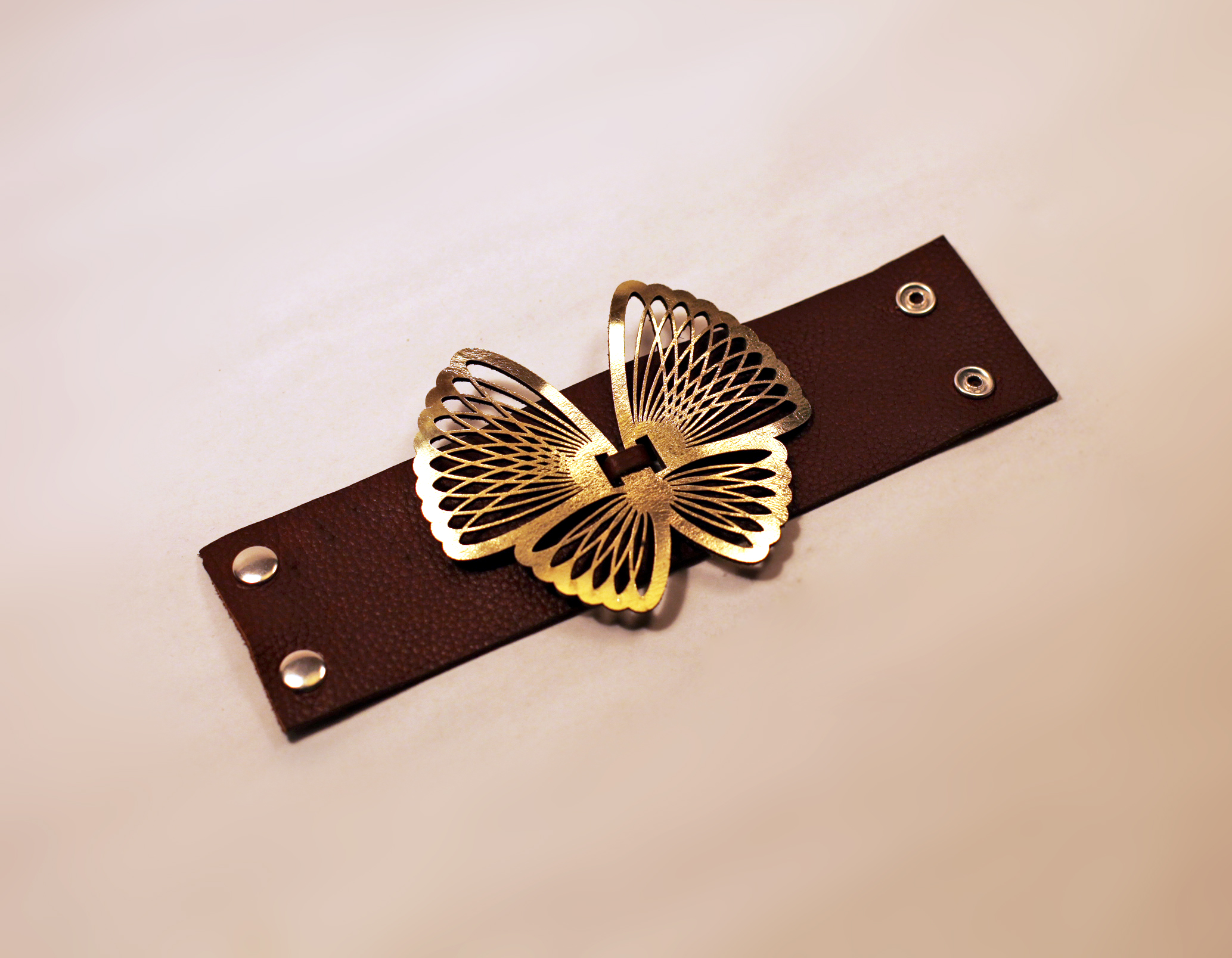
Computational design is the practice of using programing to create and modify form, structure and ornamentation. Through computational design it is possible to create unique, beautiful, functional and personal objects and experience a rewarding creative process through programing. Unfortunately, use of programming as a medium for art and design, especially by young people and non-professionals is limited. Many people consider computer programing to be a highly specialized, difficult and inaccessible activity that only has relevance as a career path rather than as a mode of personal expression.
By finding ways to connect programing to the production of personally relevant beautiful physical objects, it is possible to expand the number and types of people who are both interested in and empowered to participate in creative programming. DressCode is a programming language and enviroment for designing and building decorative and functional artifacts.
Note: DressCode is still in development.
Download the most recent version
View the code reference
Get the source on Github
Code:
DressCode’s programing language is designed to support 2D visual design and fabrication.The API includes methods for defining and manipulating shapes, as well as polygon boolean operations.
Design:
The environment supports real time changes in the design based on changes made in the program. It includes a set of graphical selection tools designed to work in conjunction with process of writing code.
Fabricate:
You can export your designs from DressCode to a vector format that is compatible with two-axis fabrication machines including laser cutters, vinyl cutters, computer-controlled embroidery machines, inkjet printers and CNC milling machines.
Craft:
People
External links: DressCode Website
Photos






